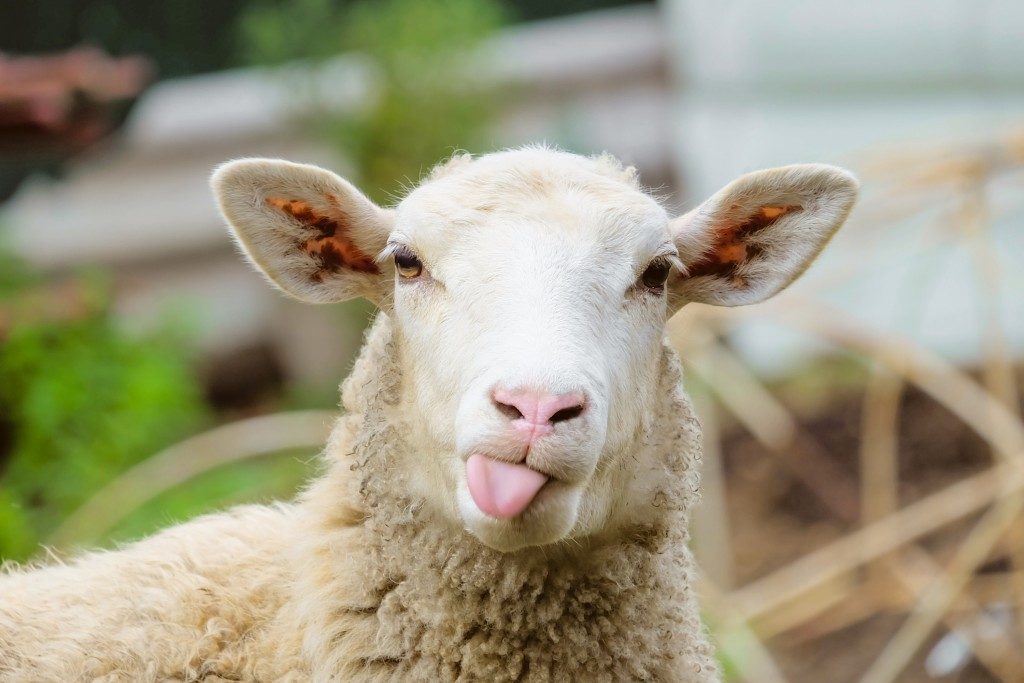Sheep are wonderful creatures; they’re not only a good source of food, they also provide clothing. From the biblical times all the way to the exploration years, sheep have been providing wool throughout human history.
Today, the uses of this popular fibre span from clothing, heating, and many other purposes that fulfill our needs. Wool also has a number of benefits on top of its already functional uses in everyday life.
Wool has been used as a fibre that clothed human tribes prior to 10,000 BC. It was eventually spun and woven across Northern European tribes. The distribution of sheep also allowed other civilizations, such as the Greeks and Romans, to enjoy the qualities of wool.
Merino sheep arrived in Australia around 1797. Thanks to selective breeding, farmers were able to produce high-quality Merino wool that would later be manufactured in England. Today, wool remains to be a popular fibre around the world. This is evidenced by the number of shearing shed in producing wool and the amount of wool products in the market.
Uses and Functionalities
Clothing and Fashion
Since its discovery, wool has been used by people to keep warm and protected against the elements. This is mostly because of its resilience to damage and temperature shifts. Today, it remains to serve those purposes with the added benefits of natural comfort, elasticity, and breathability.
Bedding
Because of its ability in regulating temperatures, wool is also being used in bedding, allowing us to have a better night’s sleep. The natural fibre present in wool helps keep us warm during winter and cool during the summer.
Insulating Properties
Like indoor buildings, sheep need insulation to stay protected from outside elements. Air pockets formed from wool creates a barrier, regulating humidity and keeping sheep warm. This form of insulation is now being used in buildings such as schools and offices, providing temperatures that result to improved performance and concentration.
More Reasons to Enjoy Wool

Common and Renewable
Australia is among the world’s best producers of wool, particularly because of an abundance of sheep in their country. This alone and the fact that sheep can be found in almost every continent makes wool a common commodity. In addition, sheep grow their fleece every year, which means wool fibre is plentiful and renewable.
Biodegradable
Wool contains a protein called Keratin, similar to human hair. Keratin is responsible for wool’s elasticity, resilience, and the ability to decompose quickly in soil. The quick breakdown in the soil results in a much faster nutrient absorption, easily nourishing life around it.
Resistant to Fire
Wool can be difficult to ignite and has low heat release and flame spread, making it ideal for situations that call for fire safety.
Cleanliness
Wool has overlapping scales and fabrics, making it easy to clean trapped debris and dirt. The hypo-allergenic properties of wool also makes it resistant to moulds and bacteria. As a result, dust mites can be prevented with ease.
A Gift That Keeps on Giving
The abundance of sheep and wool products makes it easy for wool to be enjoyed, along with the many benefits It brings. Since its introduction, wool continues to meet our needs, proving itself to be one of the best discoveries in the history of mankind.


















